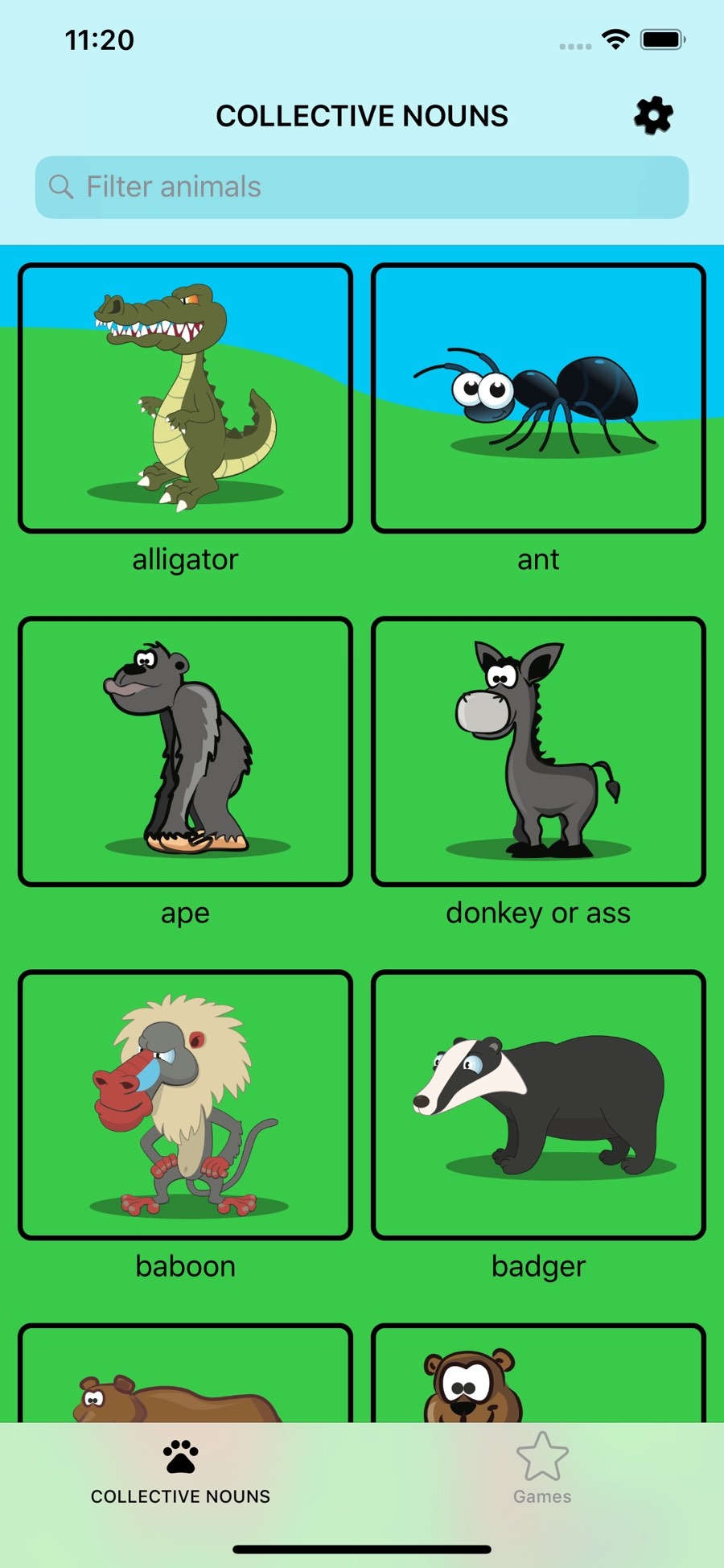When it comes to animals in the United Kingdom, there are some interesting collective nouns that are used to describe groups of them. These collective nouns can be both fun and informative, giving us a glimpse into the rich history and culture of the English language.
From a murder of crows to a parliament of owls, these collective nouns add a touch of whimsy and poetry to our descriptions of animals. They can also give us insight into how people in the past viewed and interacted with these creatures.
Common Collective Nouns for Animals in the UK
One of the most well-known collective nouns for animals in the UK is a “pride of lions.” This term evokes images of majestic lions roaming the savannah in a group, showcasing their strength and unity. Another popular collective noun is a “herd of sheep,” which conjures up images of peaceful grazing animals in the countryside.
For birds, we have interesting collective nouns like a “murder of crows” and a “parliament of owls.” These terms reflect the mysterious and sometimes eerie nature of these creatures, adding an element of intrigue to their descriptions. Other examples include a “gaggle of geese” and a “charm of finches.”
When it comes to aquatic animals, we have collective nouns like a “shoal of fish” and a “school of dolphins.” These terms highlight the social nature of these creatures, emphasizing their tendency to stick together in groups for safety and companionship. A “pod of whales” is another common collective noun that describes a group of these majestic marine mammals.
Some other interesting collective nouns for animals in the UK include a “clowder of cats,” a “murmuration of starlings,” and a “knot of toads.” These terms not only add a touch of whimsy to our descriptions of animals but also serve as a reminder of the rich tapestry of the English language.
In conclusion, collective nouns for animals in the UK are a fascinating aspect of the English language that adds depth and color to our descriptions of the natural world. Whether used for practical purposes or simply for fun, these collective nouns give us a unique perspective on the animals that share our planet.
